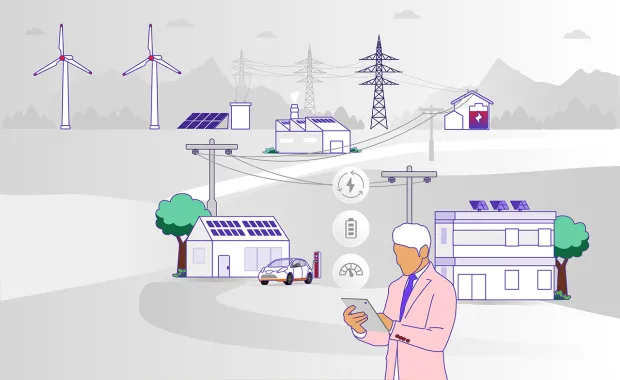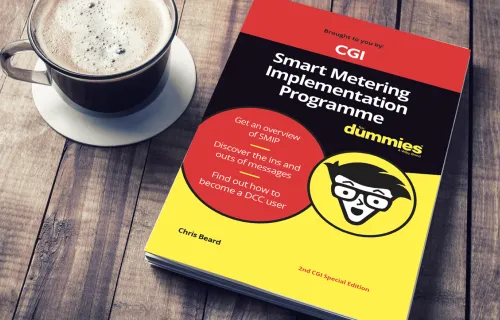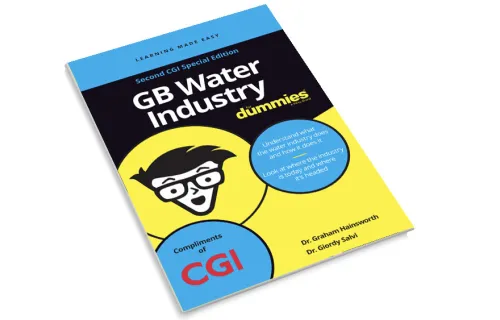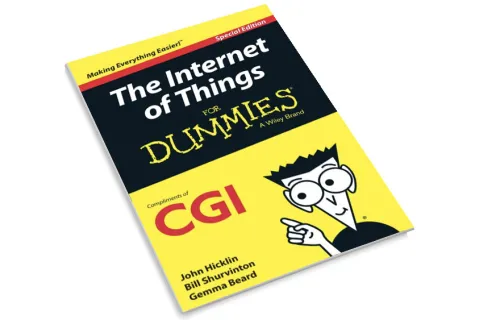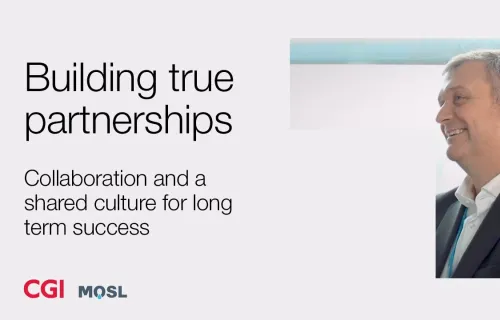Martin
Brown
is
the
Senior
Vice
President
and
Business
Unit
Leader
for
Public
Safety
at
CGI,
a
role
he
assumed
in
2025.
With
over
28
years
of
experience
in
the
technology
and
consulting
sectors,
Martin
is
a
strategic,
results-driven
leader
...
Paul Buxton is a Senior Vice President at CGI, leading the company’s Energy & Utilities business across the UK and Ireland.
Rich
has
over
30
years’
experience
in
the
utilities
sector.
His
focus
is
the
role
of
“digitalisation”
in
delivering
the
energy
transition
and
energy’s
role
in
accelerating
climate
action.
He
is
a
professional
engineer
by
background
and
has
spent
...
Alan has worked with many of the UK’s major utility companies and has gained a wide ranging and in depth knowledge of the sector through a wide variety of business consulting and programme delivery roles.
Chris
is
a
Subject
Matter
Expert
within
the
Energy,
Utilities
and
Telecoms
division
of
CGI.
He
has
over
30
years
of
experience
in
the
IT
sector,
the
last
15
years
of
which
have
been
spent
assisting
utilities
to
adapt
and
...
Stuart Brand
Vice President Consulting Services - Utility Networks
Stuart Brand is our Vice President responsible for leading the company’s activity in the UK’s Utility Networks sector.
Duncan
is
our
Vice
President
responsible
for
leading
the
company’s
activity
in
the
UK’s
Utility
Retail
sector.
This
incorporates
our
work
for
energy
suppliers
and
related
organisations,
plus
companies
that
supply
water
to
business
customers
in
the
de-regulated
market.
...
Dale
joined
CGI
as
a
graduate
in
2015
and
has
been
involved
within
the
UK
Smart
Metering
Implementation
Programme
ever
since
in
a
variety
of
roles.
He
is
currently
the
Product
Manager
for
the
CGI
DCC
Adapter
and
associated
...

